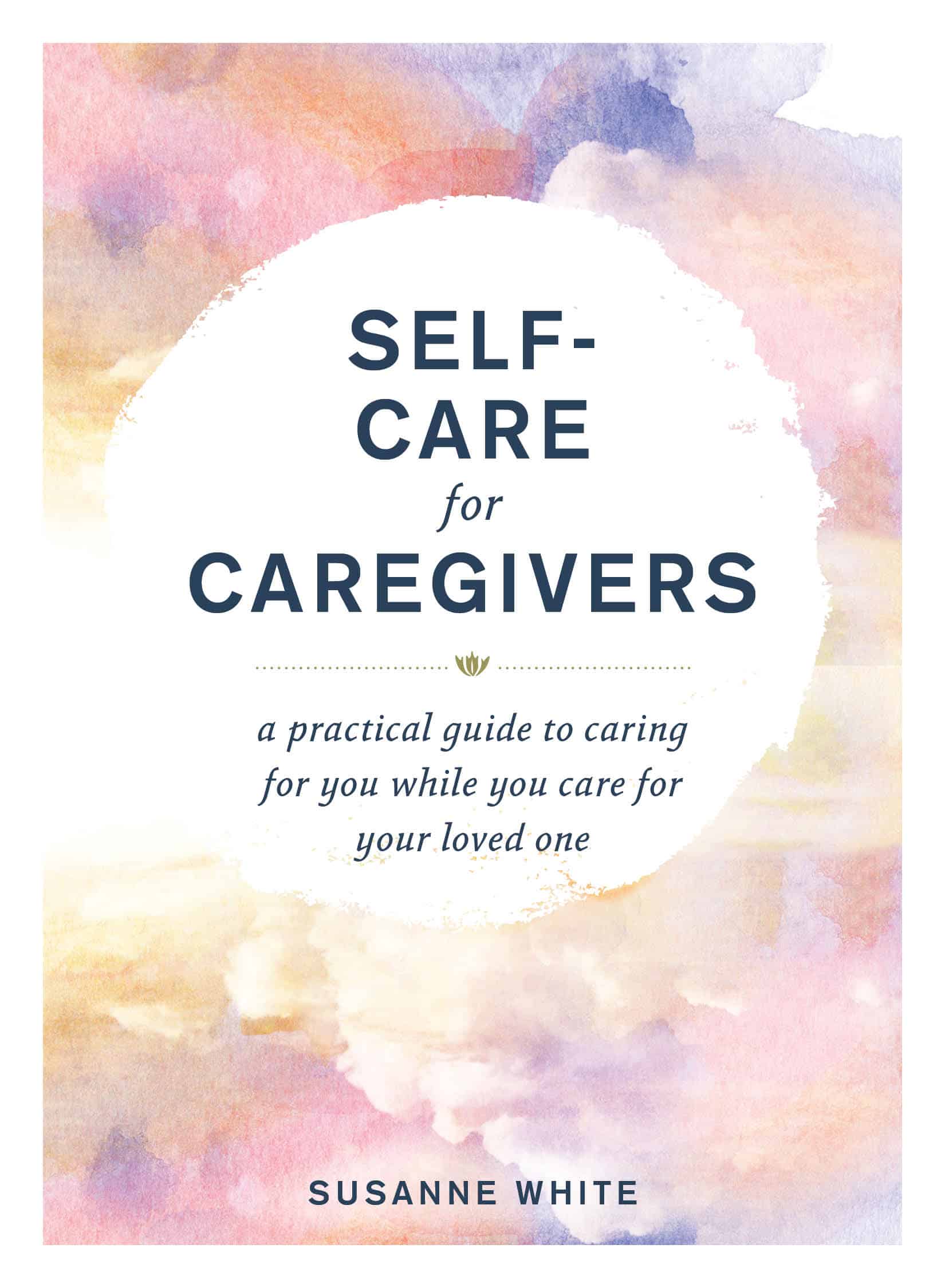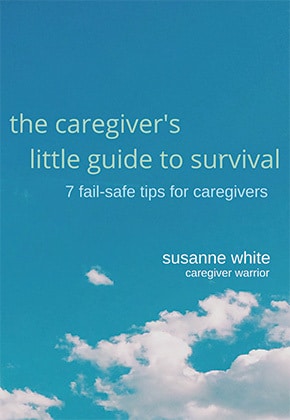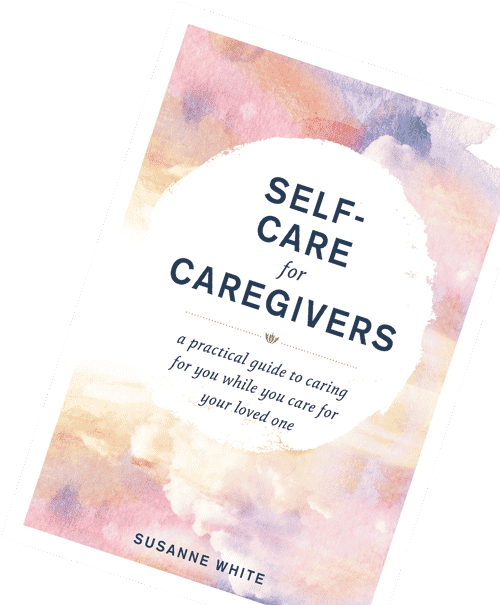Dementia taught me so much I could add to these blogs for weeks on end. Most of the lessons I learned were about how I lived my life around the disease even though I was not the one afflicted. The boost to my self-awareness was staggering. In order to cope and survive, I needed to look in the mirror daily and make whatever adjustments I could to end up more open, responsible and effective in my role as a caregiver to someone with Dementia.
It also became really clear that the disease had something to share with me as far as my perceptions of it. Even though I studied and read what I could about Dementia and Alzheimer’s, I was left with pre-conceived notions that turned out to be wrong so much of the time. I thought I understood and was ready for the effect it would have on my Mom and our family.
I assumed so much. I was ready to be upset and frustrated but was unprepared for how devastated I was and how difficult it was for me to stay calm and understanding. As for my Mom, I assumed that she would be incapacitated completely and under and overestimated her constantly. I asked too much and expected too little so often.
I was clueless a lot of the time. Not only was I surprised about my reaction but hers as well. Noting stayed consistent and I was forced to face each and every day as a new adventure. Which is not a bad way to live your life. I had to take each situation as it appeared and check out how it was affecting all of us.
As my Mom got worse and things started falling apart for her, my expectations followed suit. I often asked her to do too much too fast. Then when I slowed it down and assumed she neither understood or cared, she let me know in no uncertain terms that she was still aware of so many things and wanted to participate or try to participate as she always had. It was humbling and I beat myself up because I missed her cues or misinterpreted what she was saying or doing. It hurt when I got it wrong. I was really hard on myself.
Finally, I figured out that taking on blame and shame wasn’t doing me or anyone else any good. Self-criticism and judgment were simply wrong and self-destructive and I gained nothing at all by practicing them. I needed to stop beating myself up and give myself a break. I was always trying so hard to get it right so she was as happy and comfortable as possible, so surely that counted for something. Even though I got it wrong so many times, I did get better at interpreting. I was doing the best I could and absolutely everything I was doing was coming from such a place of love and commitment. I was a good girl and didn’t deserve to be so hard on myself. My Mom would never have wanted that. So in the end, I realized that I needed to do the best I could, maybe hit the restart button a few times but keep my chin up and celebrate the fact that I was always ready to be better and darn it, sometimes I really did get it right. It’s those times I needed to focus on and celebrate. So perhaps this was the greatest lesson of all.
I would never want anyone including my Mom to go through this. I would be a fool however, not to acknowledge the grace under fire I was forced to display and how I learned to be kind to myself as well as my Mom. It brought out the best in me and for this, I am grateful.










It sounds as if your mom knew she had the disease and could (at least sometimes) communicate to you what she was still capable of doing despite the disease. Is this an accurate interpretation? If so, how do you get someone with dementia to accept help with things when they refuse to acknowledge that there’s anything wrong with them? I just found out that my mom was diagnosed with dementia 2 years ago and she needs to stop driving and paying the bills but she she claims there’s nothing wrong with her, doesn’t get lost, has no memory problems, etc. I have no idea how to get her to a point where she can still do certain things around the house but let me step in and take care of (or help her with) other things, like driving, grocery shopping, paying bills. Any thoughts?
Actually, my Mom at the very beginning spoke to my aunt about her memory but not to us. And as her disease progressed, she too argued that she was fine and didn’t need help. Making sure we saw her doctor soon after I was aware she had the disease was really helpful. We had her diagnosed and I began to find out what I needed to do and how I could help her. She gave me a hard time but slowly but surely and with advice from doctors and professionals, (our Doctor actually wrote out a prescription saying she couldn’t drive due to “physical” issues which I could show her over and over) I found ways to implement more and more help. It’s heartbreaking and nerve wracking but eventually we got in a groove. Organizations like the Alzheimer’s Association (https://www.alz.org/) are extremely helpful with tools and tips and resources. My thoughts and prayers are with you.